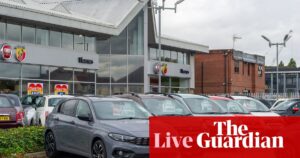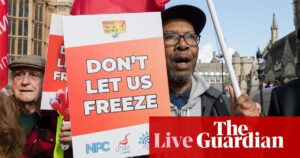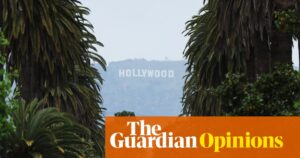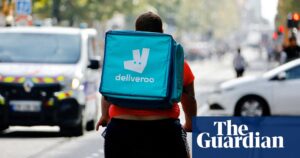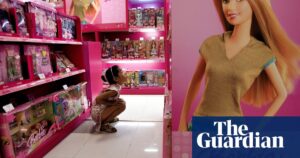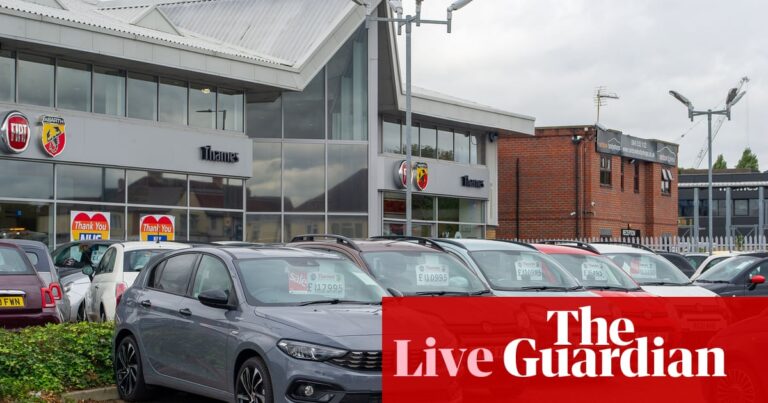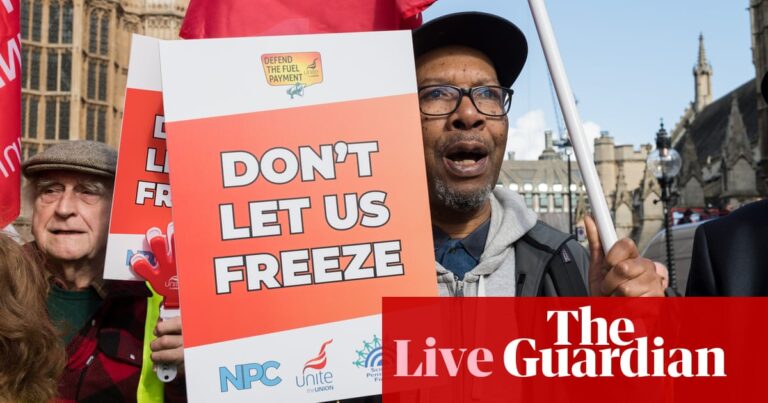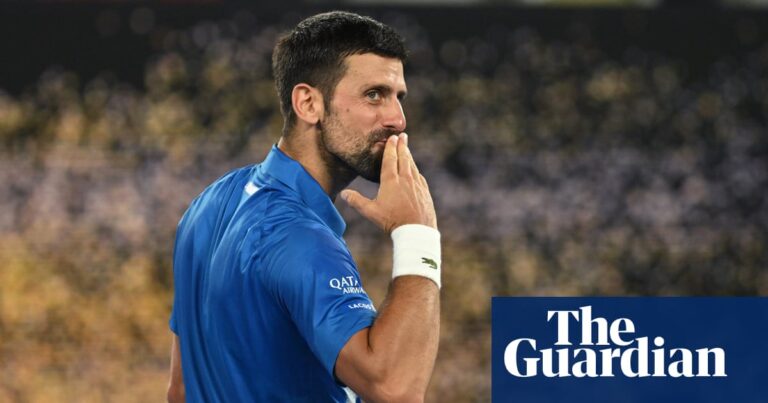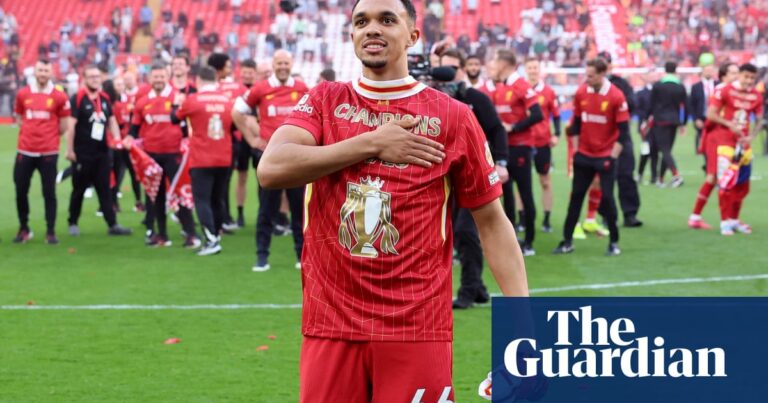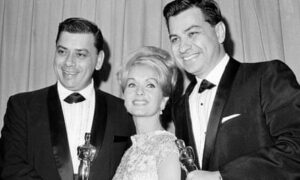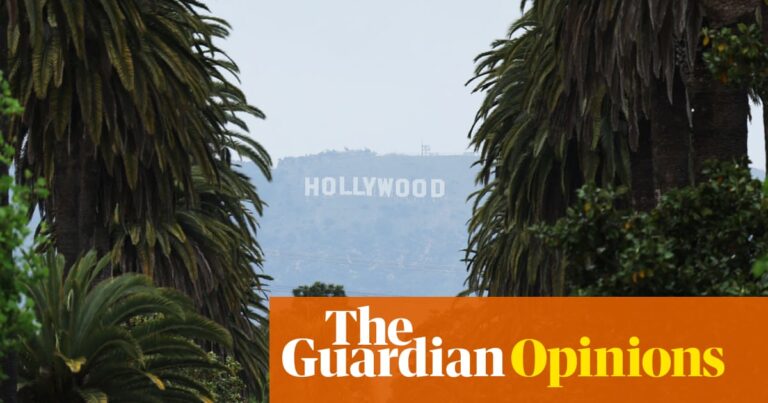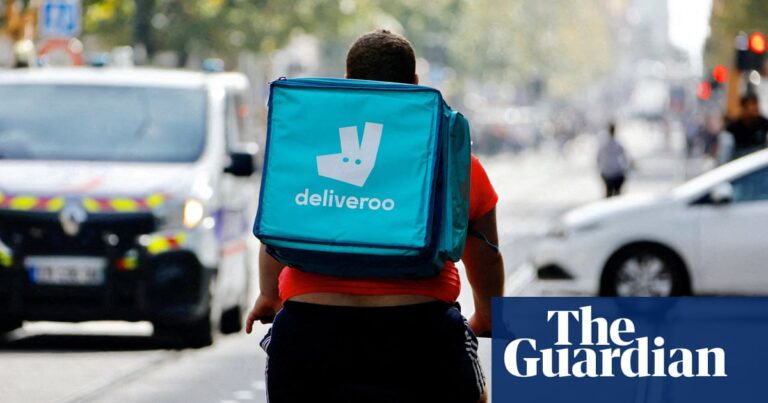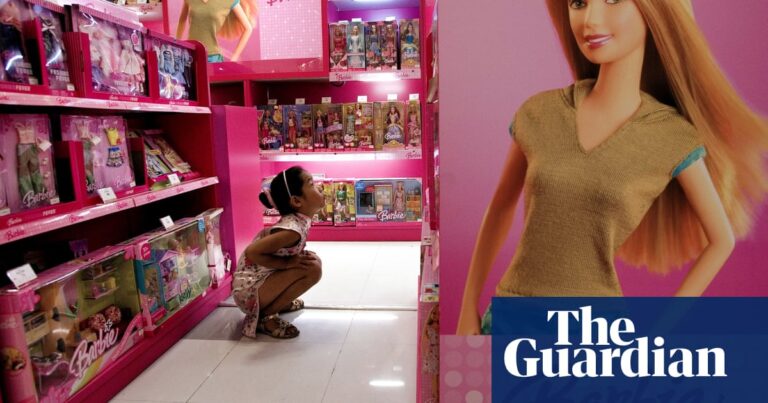It was supposed to be a show of strength, a packed crowd of 83,000 ANC supporters showing South Africa that despite the country’s myriad problems, the ruling party was still confident of victory in Wednesday’s pivotal elections.
Instead, as people streamed out of the three-quarters-full venue before President Cyril Ramaphosa’s speech had even begun, the Siyanqoba (“To conquer”) rally will have left ANC leaders more nervous than ever that the party that liberated South Africa will lose its majority for the first time since Nelson Mandela led it to victory in 1994.
If the ANC’s vote falls below 50% and it is forced into a coalition, it will only have itself to blame. Rampant corruption under Ramaphosa’s predecessor, Jacob Zuma, has hollowed out the state. About four in 10 South Africans are unemployed, while basic public services are either poor or non-existent.
Power and wealth still resides in a tiny minority, while poverty is extreme, making South Africa the most unequal society in the world. It’s also one of the most dangerous.
“Everywhere in the country, crime is the thing that people talk about, whether you’re black or white,” said William Gumede, a political analyst who also helped some of the opposition parties form a pre-election coalition pact. “It deprives South Africans from living a full life. It has sucked the soul out of the country.”
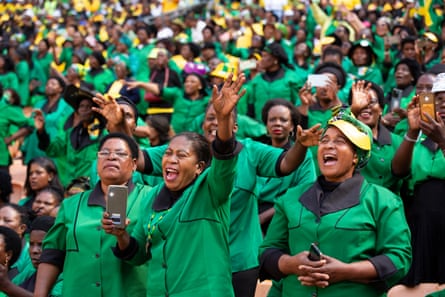
The progress made under the leadership of Mandela and his successor, Thabo Mbeki, stalled when Zuma took power. Billions was looted from the state, leaving almost every part of it bankrupt, from the national airline to the agency that ran the railways. An official inquiry concluded that “the ANC under Zuma permitted, supported and enabled corruption”.
A generational divide is opening up. At Soweto’s FNB stadium – the venue, then known as Soccer City, that hosted the opening game of the 2010 football World Cup – several older rally attendees spoke of their frustration that their children, born into freedom, were not backing the ANC.
On the day of South Africa’s first free election in 1994, Girlfaith Dlamini was nine months pregnant. While her fellow South Africans queued for hours to cast their votes, Dlamini was taken to the front. “I was treated like a president,” she said. Her daughter was born two weeks later, the day after Mandela was sworn in – now she’s studying chartered accounting at Wits University. “My kid is in university because of the ANC. I’m a domestic worker, I couldn’t afford fees.”
But her daughter, like many of those “born free”, has less loyalty towards the party that has ruled South Africa her entire life. On Wednesday, she will vote for the EFF, a leftwing populist party led by Julius Malema. “I was very angry with her,” Dlamini said. “I told her ‘the ANC is the one taking you to school!’”
Hers is not the only family falling out over politics. Mary Monyweka, a 58-year-old ANC official in Tshwane, has had similar rows with her daughter. “It feels so painful,” she said.
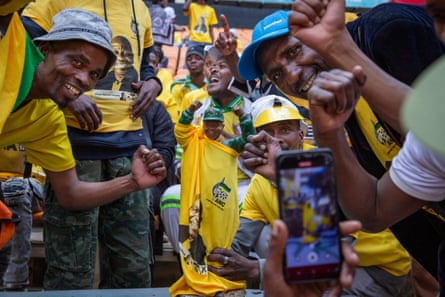
Monyweka pulled up her trousers to show a bullet wound she received in the Soweto uprising in the summer of 1976. “She doesn’t understand what is going on, she doesn’t understand,” she said.
Monyweka doesn’t know who her daughter will vote for. “It’s a secret,” she laughs. Aside from the EFF, the party of Mandela is also likely to lose votes to a new party formed by Zuma, uMkhonto we Sizwe, which takes its name and logo from the ANC’s former paramilitary wing.
There is no shortage of other options, with 52 parties on the ballot, the most popular of which aside from the ANC is the Democratic Alliance (DA), which has gained a reputation for its relatively impressive management of Cape Town and Western Cape province.
At a DA rally at a much smaller venue in Soweto last Wednesday, a far younger crowd had gathered. There was anger at the ANC and none of the residual loyalty felt by older black South Africans. “Our children drink dirty water and go to sleep hungry,” said 36-year-old April Molobi who had come along with his twin sister, Paulina, and nephew Thalepo. “I just want the government to give us jobs so we can work. Nothing more, nothing less.”
after newsletter promotion
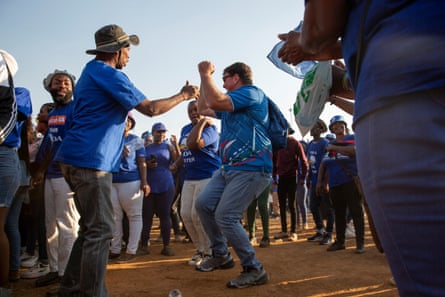
Paulina described waking up at 3am to unsuccessfully queue for jobs. Thalepo recounted the various qualifications he’d received at school. “I have plenty of certificates but they are not working for me,” the 28-year-old said. He left school eight years ago and has been unemployed since. If he had his choice of job he would be a private investigator, he said, as he told tales of corrupt officials and dodgy politicians.
But the DA is still hamstrung by the sense that it is a party dominated by white people. The crowd at last week’s rally was almost entirely black, but backstage where the party’s staff and politicians mingled, the proportion of white people was far higher.
Back at the ANC rally, past the stalls selling hats, shirts and T-shirts in the party’s yellow, green and black, many of them emblazoned with the faces of long-dead liberation heroes, stood Stephen Serapezo, a 62-year-old housing official in Johannesburg who was waiting for friends to arrive.
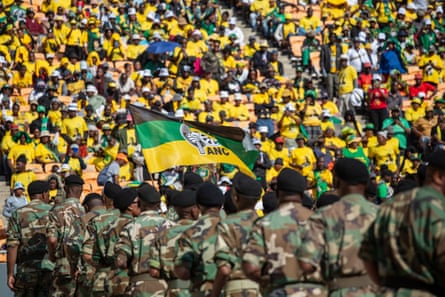
He accepted that the ANC “wronged the people” when Zuma was in charge.
But the ANC is renewing itself, he insisted: “All the rotten apples have left the movement.” And he cited the government’s stance on Gaza, particularly its decision to take Israel to the international court of justice. “We are leading the world in making sure that Palestinians have a voice internationally.”
If the ANC needs to go into coalition, Serapezo would favour a deal with the DA, which he believes has similar economic policies. But he accepts that is a minority view at this rally. “They wouldn’t accept it,” he says, waving his hands at the crowd. “They see it as a white party, full stop, not ‘do we have anything in common?’”
Regardless of the thinning crowd, Serapeza believed his party and country had a brighter future. “We’re getting somewhere and there’s hope. There is no reason to be despondent.”
Source: theguardian.com



